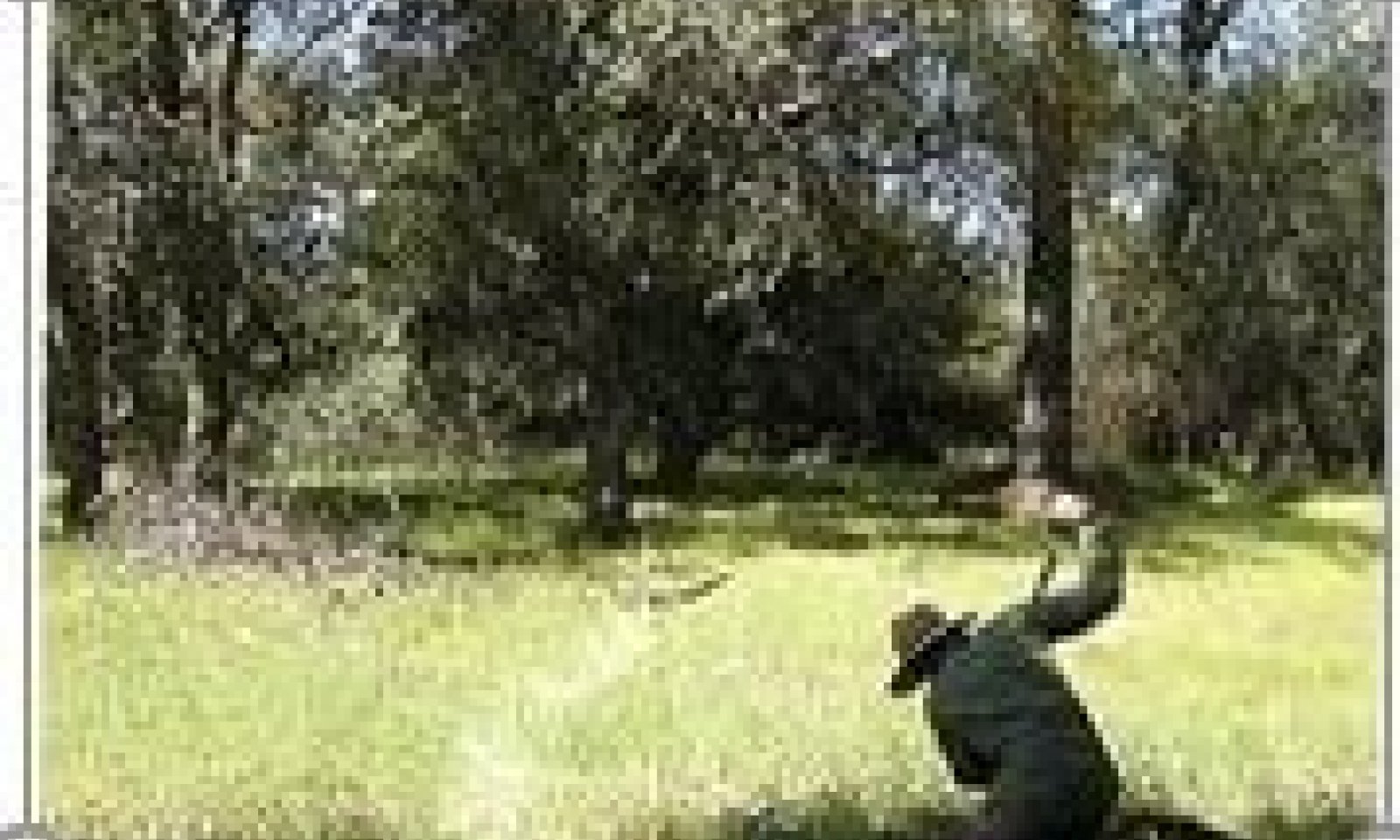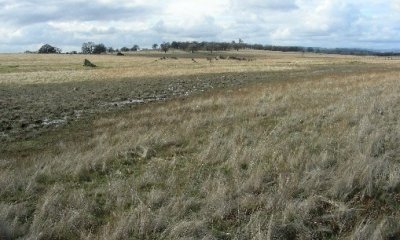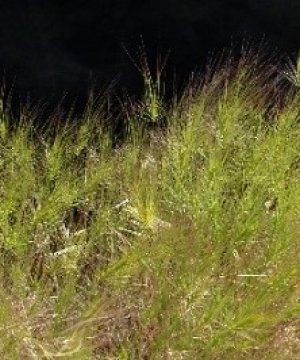
Deep Low Rolling Hills and Terraces
Scenario model
Current ecosystem state
Select a state
Management practices/drivers
Select a transition or restoration pathway
- Transition T1.a More details
- Transition T1.b More details
- Restoration pathway R2.a More details
- Transition T2.a More details
- Restoration pathway R3.b More details
- Restoration pathway R3.a More details
-
No transition or restoration pathway between the selected states has been described
Target ecosystem state
Select a state
Submodel
Submodel
Transition T1.a


Mechanism
This transition occurs after mechanical clearing that results in loss of oak and acorn source. Grazing management also can be used to create/maintain an annual dominated state.
Transition T1.b


Mechanism
This transition occurs when invasive grasses or forbs become established.
Restoration pathway R2.a


Mechanism
This restoration pathway occurs with tree planting, often requires shade screens, and seedling protection from browsers to be successful.
Mechanism
This transition occurs after invasive plants posing extreme economic/environmental issues become established.
Restoration pathway R3.b


Mechanism
This restoration pathway occurs with tree planting, often requires shade screens, and seedling protection from browsers to be successful. This also may require integrated weed management to reduce the seedling’s competition from annual invasive species
Model keys
Briefcase
Add ecological sites and Major Land Resource Areas to your briefcase by clicking on the briefcase (![]() ) icon wherever it occurs. Drag and drop items to reorder. Cookies are used to store briefcase items between browsing sessions. Because of this, the number of items that can be added to your briefcase is limited, and briefcase items added on one device and browser cannot be accessed from another device or browser. Users who do not wish to place cookies on their devices should not use the briefcase tool. Briefcase cookies serve no other purpose than described here and are deleted whenever browsing history is cleared.
) icon wherever it occurs. Drag and drop items to reorder. Cookies are used to store briefcase items between browsing sessions. Because of this, the number of items that can be added to your briefcase is limited, and briefcase items added on one device and browser cannot be accessed from another device or browser. Users who do not wish to place cookies on their devices should not use the briefcase tool. Briefcase cookies serve no other purpose than described here and are deleted whenever browsing history is cleared.
Ecological sites
Major Land Resource Areas
The Ecosystem Dynamics Interpretive Tool is an information system framework developed by the USDA-ARS Jornada Experimental Range, USDA Natural Resources Conservation Service, and New Mexico State University.








